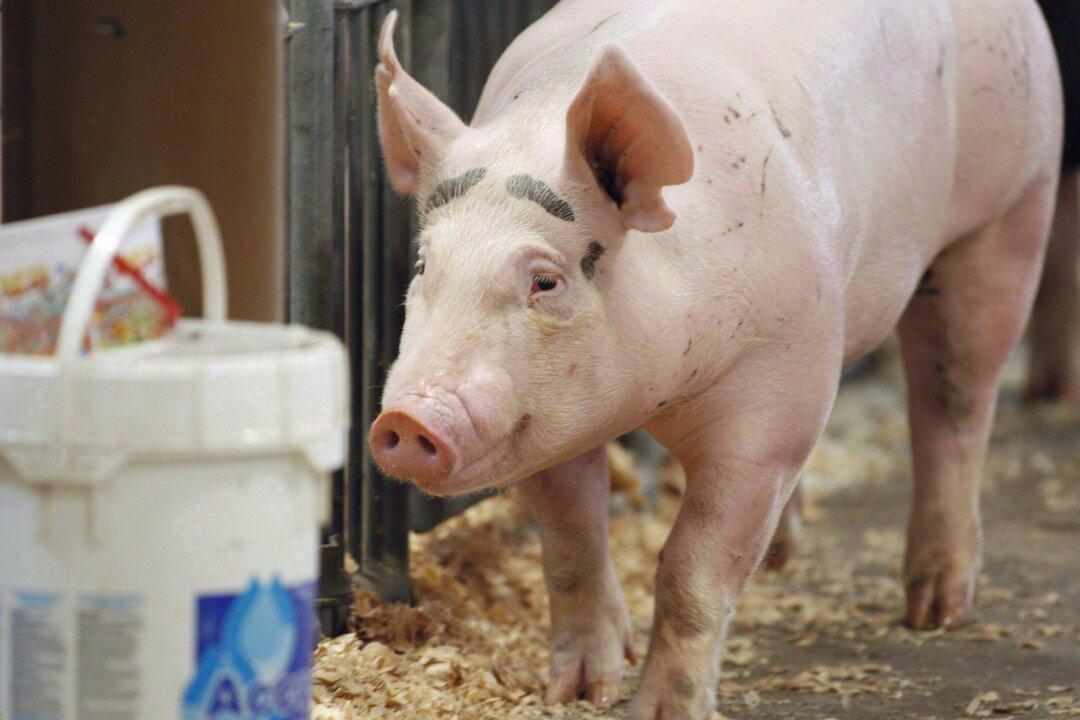The Canadian Food Inspection Agency has confirmed that preliminary testing shows U.S. plasma used as an ingredient in feed pellets contained the Porcine Epidemic Diarrhea (PED) virus.
“Further testing will be done to assess if the feed pellets are capable of causing disease in piglets, and results are expected within days. Testing will continue to confirm a direct link between the feed and the spread of the disease, as the virus is only confirmed in a single ingredient at this time,” said the CFIA in a statement.
Earlier this month, Ontario-based Grand Valley Fortifiers ordered a voluntary recall of some of its pelleted swine nursery feed products. The CFIA confirmed that the virus was present in the U.S.-origin plasma of a third-party manufacturer for the company.
The disease, which is fatal to pigs, especially piglets, has been confirmed at 16 locations in Ontario since its first detection in Jan 22. It has also been found in Prince Edward Island and Manitoba.
PED was previously thought to have been spread by manure or by the movement of trucks and people between farms.
The spread of the virus has caused authorities in Alberta to introduce measures including requiring veterinarians in the province to report the disease within 24 hours of being found. Similar monitoring is underway in other provinces.
“Obviously, there is a level of concern about this information that is coming to light,” said Gary Stordy, public relations manager with the Canadian Pork Council.
“Bear in mind that PED is here in many farms, but this isn’t a new situation. The Canadian industry has been following the developments in the U.S.”
The disease poses no harm to human health.
“It is a production disease that is quite devastating for it to occur on a farm. We are lucky that there is relatively small number of cases in Canada compared to the U.S. No one wants this on their farm,” said Stordy.
At present it is not known how many pigs have died from the disease in Canada, although the financial impact could potentially be more than $45 million if measures are not successful in containing its spread.
The CFIA has said it is reviewing records of imports of swine plasma.
Earlier this month, the CFIA approved the import of an experimental vaccine Iped+ for emergency use. The drug is still undergoing testing and has yet to be approved in the U.S.
Kaven Baker-Voakes is a freelance reporter based in Ottawa.
Deadly Pig Virus Comes From Contaminated Feed, CFIA Confirms

Preliminary testing by the Canadian Food Inspection Agency has confirmed that U.S. plasma used as an ingredient in feed pellets contained the Porcine Epidemic Diarrhea (PED) virus. The Canadian Press/AP-Columbus Dispatch, Kyle Robertson
|Updated:



